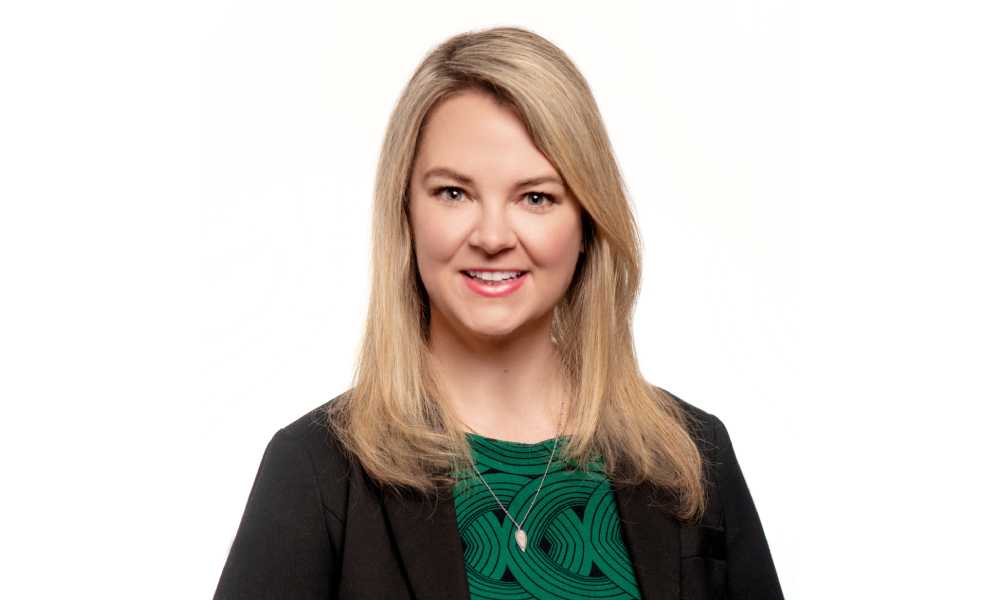
Provision an ineffective weapon against fake news, says Canadian Constitution Foundation

The Ontario Superior Court recently heard the constitutional challenge of s. 91(1) of the Canada Elections Act. The applicants argue the law – which prohibits publishing certain false statements about candidates during an election – is unconstitutional, overbroad and an ineffective weapon against fake news.
The Canadian Constitution Foundation brought the challenge, which was heard Sept. 15 and 16.
Under s. 91, it is prohibited to publish false accusations that a political candidate or public figure associated with a political party has broken the law, is charged with a crime or is under investigation by law enforcement. The section also disallows publishing a false statement about the citizenship, birthplace, education, professional qualifications and group or association membership of a political candidate or public figure associated with a political party. The rules apply for the duration of an election period and must be done with the intention of affecting the results of an election. Violators could be fined as much as $50,000 and jailed up to five years.
“We don't think the government should play the role of editor-in-chief,” says Christine Van Geyn, litigation director at the Canadian Constitution Foundation.
“Freedom of expression is a pillar of a free and democratic society and political speech is entitled to protection, even false political speech. And while false political speech can do damage, it's still subject to protection under the charter.”
Section 91 was amended in 2019, and the changes cast such a broad net as to what speech can be restricted, the legislation steps on Canada’s free expression rights under s. 2(b) of the Charter, says Van Geyn.
Section 91 also makes it unclear as to who is protected from false accusations, failing to specify who all counts as being “associated with a political party,” the CCF said. This ambiguity gives the Elections Commissioner “broad and unpredictable discretion” over enforcement, the CCF said.
The CCF submitted affidavit evidence from advocacy organizations and bloggers who have testified to a chill on free speech created by the law. For example, one is concerned that the law does not make room for comedy or satire, says Van Geyn.
“If you republish a news story that turns out to have been incorrect, are you liable? There's been concern about that,” says Van Geyn.
“And in this case, the government hasn't even defined what a false statement is.”
The CCF was represented by Adam Goldenberg and Connor Bildfell of McCarthy Tétrault LLP. PEN Canada intervened, and Justin Nasseri and Janani Shanmuganathan of Goddard Nasseri LLP acted for the group, which advocates for freedom of expression and persecuted writers and journalists from across the world.
Prior to her role as CCF litigation director, Van Geyn was Ontario director for the Canadian Taxpayers Federation, and practised as a commercial litigator before that.
Different variations on the rule prescribed in s. 91 have been around since 1908, said the CCF’s factum. But a key change took place last year when Section 91 was amended, and the word “knowingly” disappeared from the provision. Prior to the change, “knowingly” had let those who had unwittingly spread false truths off the hook and its absence could result in
The government has said deleting the word “knowingly” does not alter the substance of the prohibition because a knowledge requirement is contained within the “intent element;” that the statement must be made to affect the results of the election. In Nov. 2019, the CBC reported that Michelle Laliberte, a manager at the Elections Commissioner’s Office, said they will be treating s. 91 as if knowledge that the statement is false is “implied.”
The CCF rejects that rationale for three reasons in its factum. For one example, it assumes the word “knowingly” was superfluous, which means in 2001, Parliament added the word to the legislation for no reason. This contradicts the “legislative presumption against tautology” discussed in the 2011 Supreme Court of Canada case Canada (Canadian Human Rights Commission) v. Canada (Attorney General).
That the protection of free expression even includes false statements was demonstrated by the SCC when it struck down s. 181 of the Criminal Code in R. v. Zundel, argued the CCF. The Court said the law, which prohibited knowingly publishing false statements which cause or are likely to cause injury or mischief to a public interest, was unconstitutional. The Court explained that “even clear falsification” “may arguably serve useful social purposes linked to the values underlying freedom of expression.”
R. v. Zundel is one of the most famous Canadian court cases by the SCC throughout the years. Read more here.
With the rise of fake news and state-sponsored misinformation campaigns, such as the Russian troll-farms implicated in the 2016 U.S. Presidential election, the federal government sees s. 91 as a shield against a growing threat to democracy.
"We're in a world right now where we've seen the impact of the kinds of polarization, the kinds of politics of misinformation, of fear and division ..." Prime Minister Justin Trudeau told the CBC. "We have developed an approach that is going to be protecting Canadians from misinformation. We recognize that this is a careful line to walk and we will continue to walk it with Canadians."
But Van Geyn says s. 91 will not solve the problem.
“What we need to do is educate the public on how to review information how to analyze facts and think ‘Is this real? Is this fake? And am I being manipulated?’ Not have the government come in with a huge hammer and try and pound away at these rights in order to get the outcome that they want. Education is a much better tool for that,” she says.